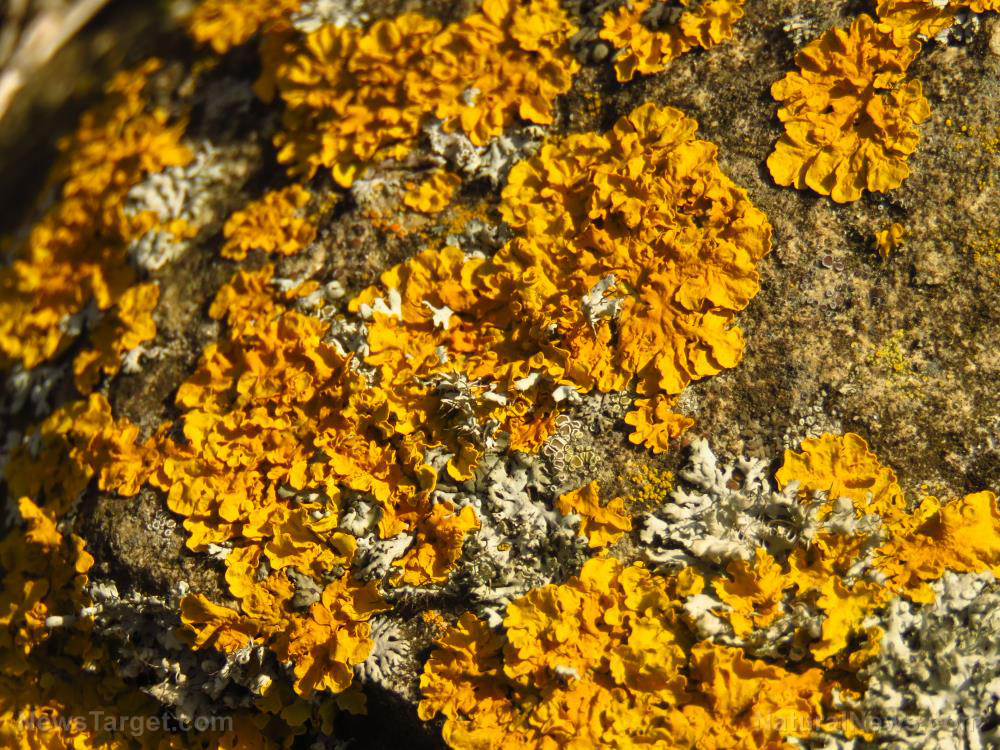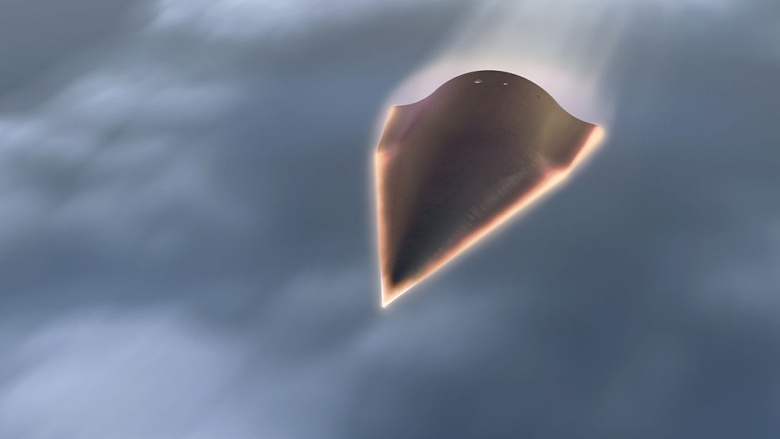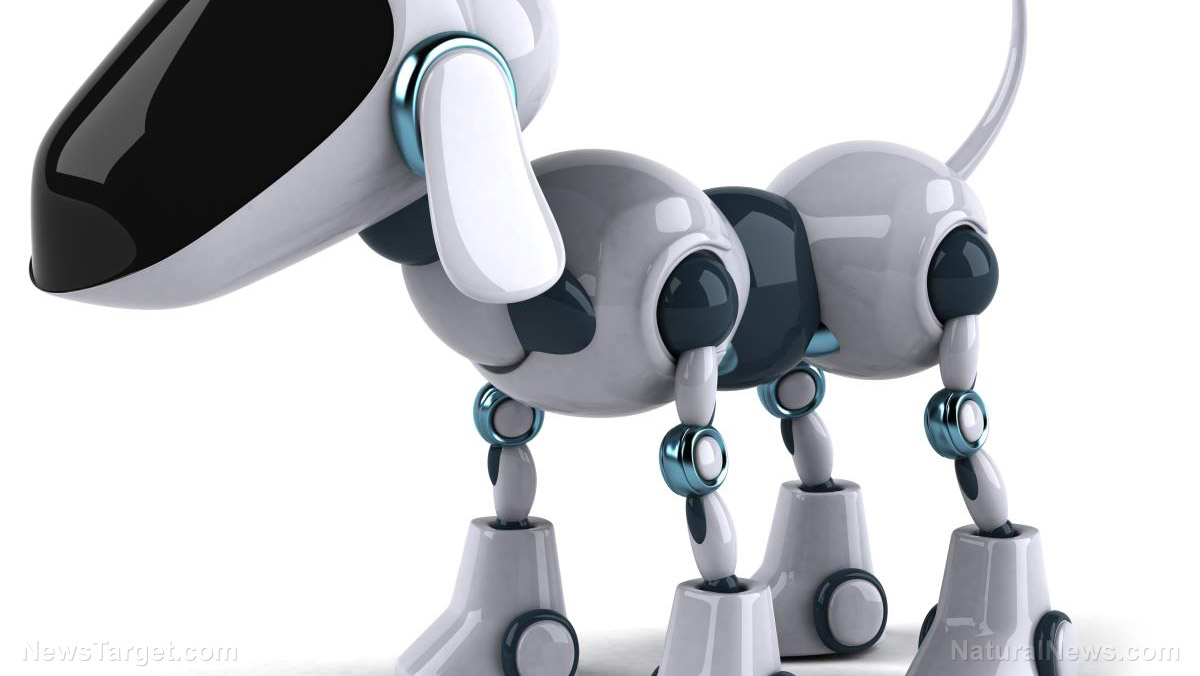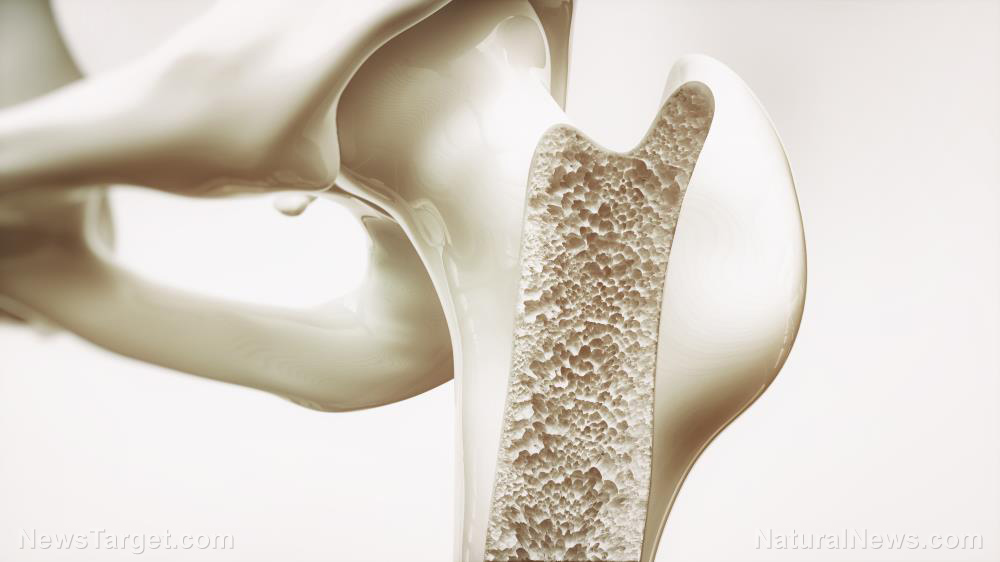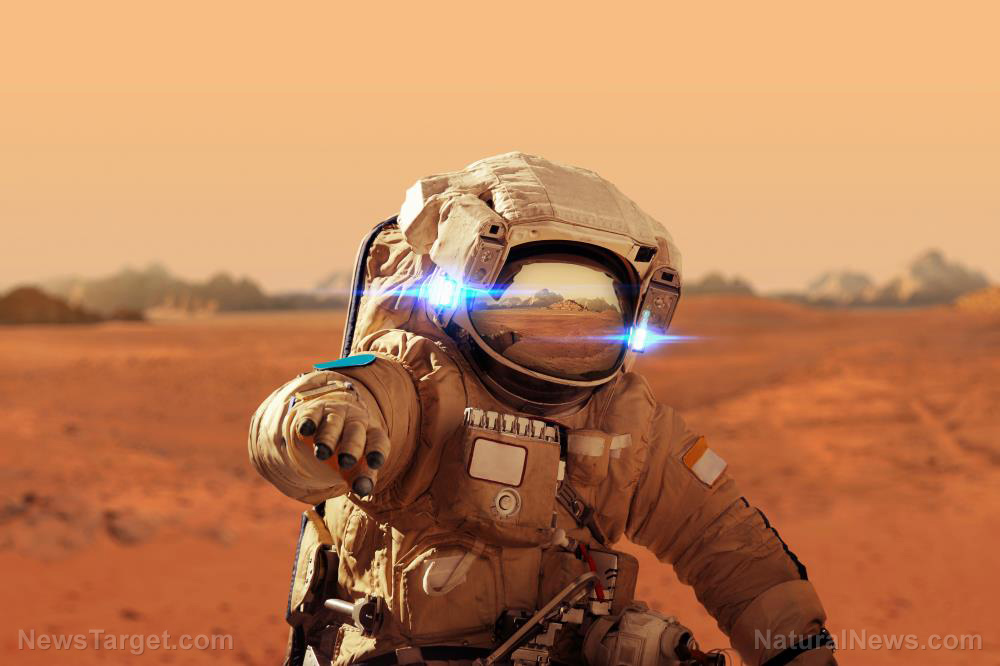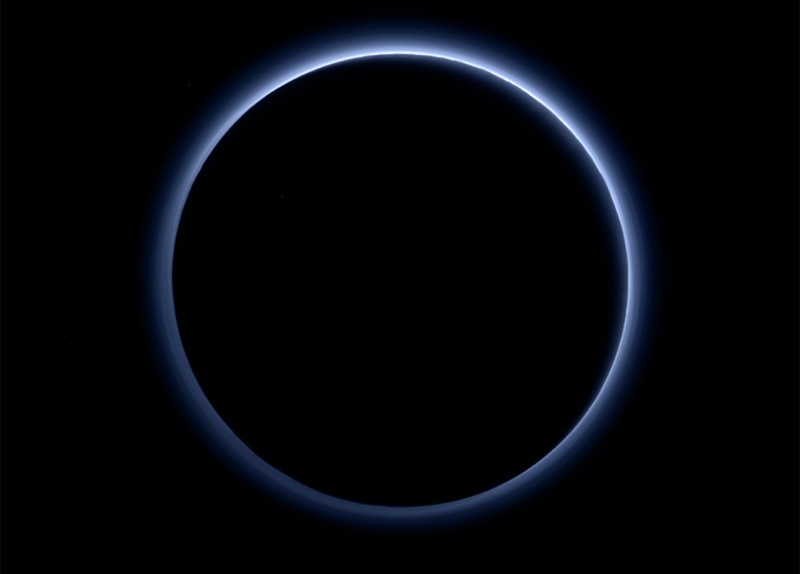Scientists revise astrobiology guidelines, significantly reducing the estimated number of planets where signs of extraterrestrial life might be found
01/09/2020 / By Michael Alexander

Scientists may have to update their estimates regarding the number of planets capable of supporting life.
In a study published in The Astrophysical Journal, researchers from the University of California, Riverside, Georgia Institute of Technology, University of Chicago and Columbia University said most planets in the known galaxy are actually unfit to support complex life, their locations in the so-called “habitable zone” notwithstanding. The reason? High concentrations of toxic gases.
According to the researchers, while the habitable zone has been traditionally defined as the range of distances from a host star warm enough to keep liquid water on a planet’s surface, that basic premise only works for simple and basic life forms, such as single-celled microbes.
When additional parameters needed to support more complex lifeforms ranging from sponges to humans are taken into account, such as levels of certain toxic gases, this habitable zone shrinks substantially.
Study co-author Timothy Lyons, a professor of biogeochemistry in UCR’s Department of Earth and Planetary Sciences said this is the first time that physiological limits of life on Earth have been considered to predict the distribution of complex life elsewhere in the universe. (Related: Alien life may exist in Jupiter’s moon Europa and other frozen worlds.)
According to Lyons, who is also acting as the director of the Alternative Earths Astrobiology Center which sponsored the project, he and the rest of the research team used computer models to study the atmospheric climate and photochemistry of a variety of planets, adding that they first looked at predicted levels of carbon dioxide – a gas that’s deadly at high concentrations, but is needed to maintain temperatures above freezing on planets far from their host stars.
Edward Schwieterman, the study’s lead author and a NASA Postdoctoral Program fellow, said they found that in order to sustain the existence of liquid water at the outer edge of the conventional habitable zone, a planet would need a large amount of carbon dioxide, pegging the needed amount at approximately “tens of thousands of times” more than the amount currently found on Earth.
“That’s far beyond the levels known to be toxic to human and animal life on Earth,” Schwieterman said.
According to the researchers, once carbon dioxide toxicity is factored into the equation, the traditional habitable zone for simple animal life gets halved. When humans, which are more sensitive to high levels of carbon dioxide compared to other animals, are taken into account, the safe zone shrinks to less than one third of that area.
The researchers add that under the new parameters, some stars, such as Proxima Centauri and TRAPPIST-1, no longer have safe-for-life zones.
According to the researchers, this is because the planets around the two suns are likely to have high concentrations of carbon monoxide, an extremely toxic gas that is fatal even in low amounts.
Despite the seemingly negative implications of the results, however, the researchers said that the “trimming” of the number of possibly habitable planets is actually a boon to the field, given that there are approximately 4,000 confirmed planets that orbit stars other than our sun in the known universe.
“Our discoveries provide one way to decide which of these myriad planets we should observe in more detail,” said Christopher Reinhard, an assistant professor at the Georgia Institute of Technology and co-leader of the Alternative Earths team.
Sources include:
Tagged Under: aliens, breakthrough, cosmic, discoveries, exoplanets, extraterrestrial life, habitable zone, planets, research, Space
RECENT NEWS & ARTICLES
COPYRIGHT © 2018 BREAKTHROUGH.NEWS
All content posted on this site is protected under Free Speech. Breakthrough.news is not responsible for content written by contributing authors. The information on this site is provided for educational and entertainment purposes only. It is not intended as a substitute for professional advice of any kind. Breakthrough.news assumes no responsibility for the use or misuse of this material. All trademarks, registered trademarks and service marks mentioned on this site are the property of their respective owners.






